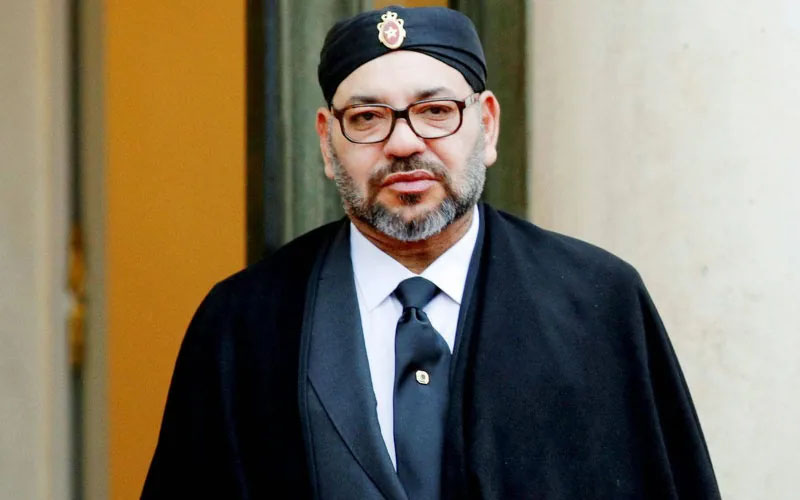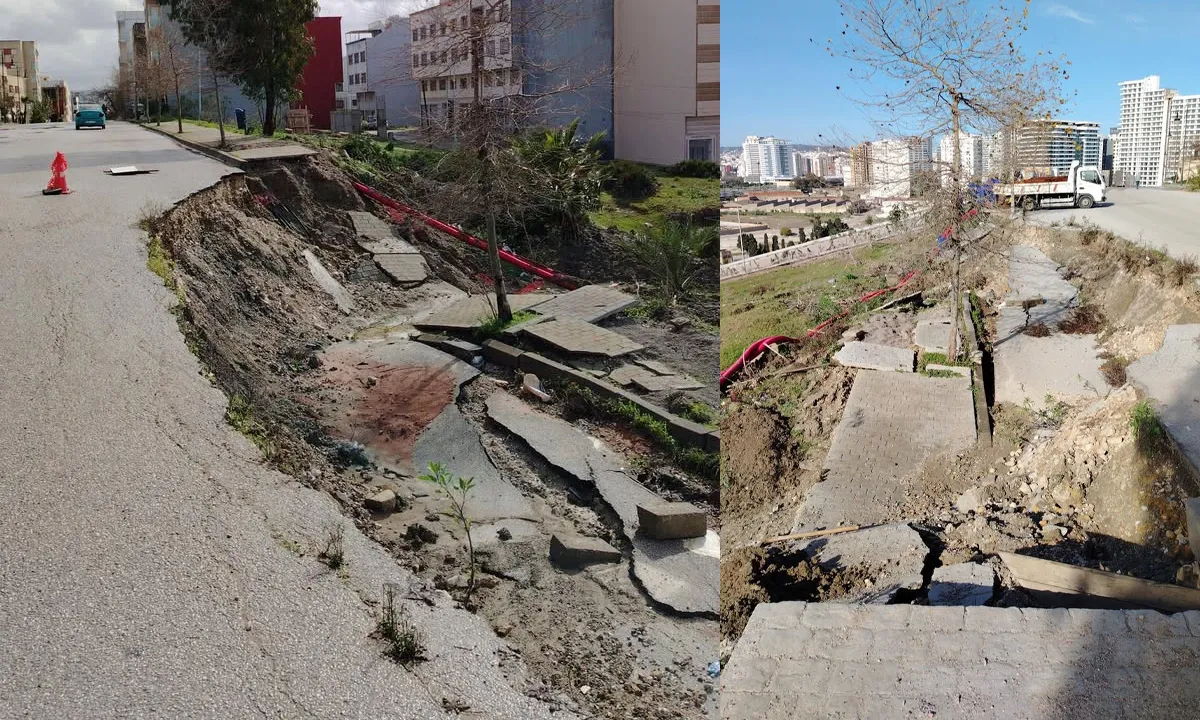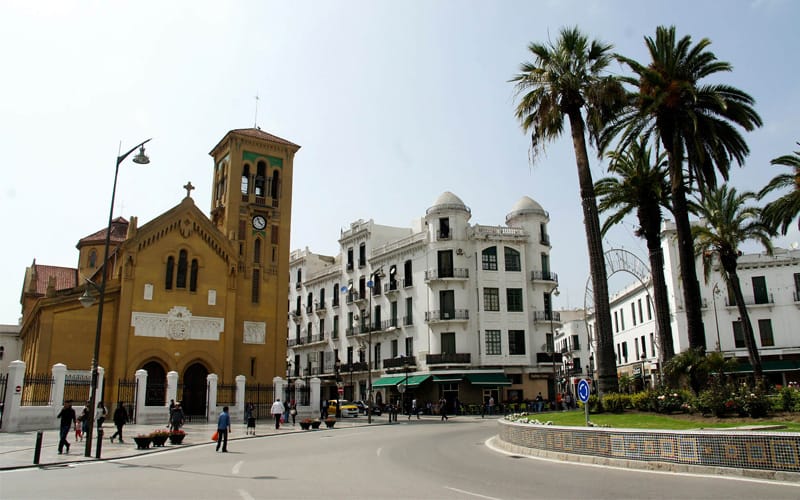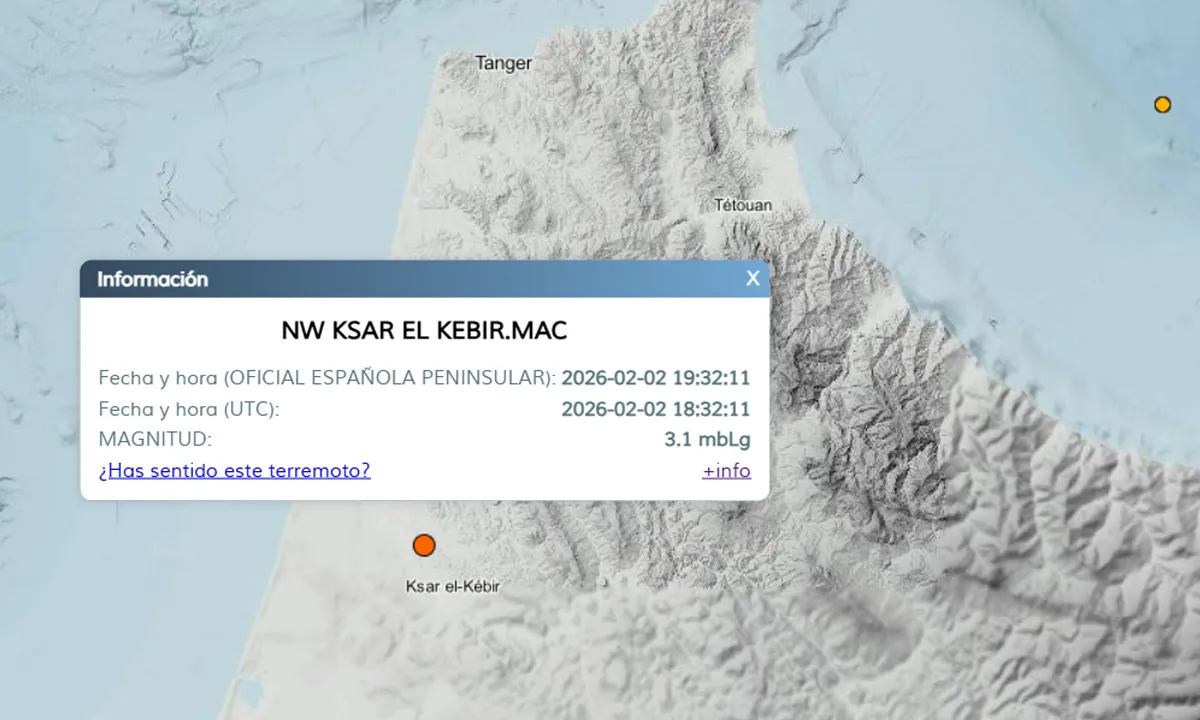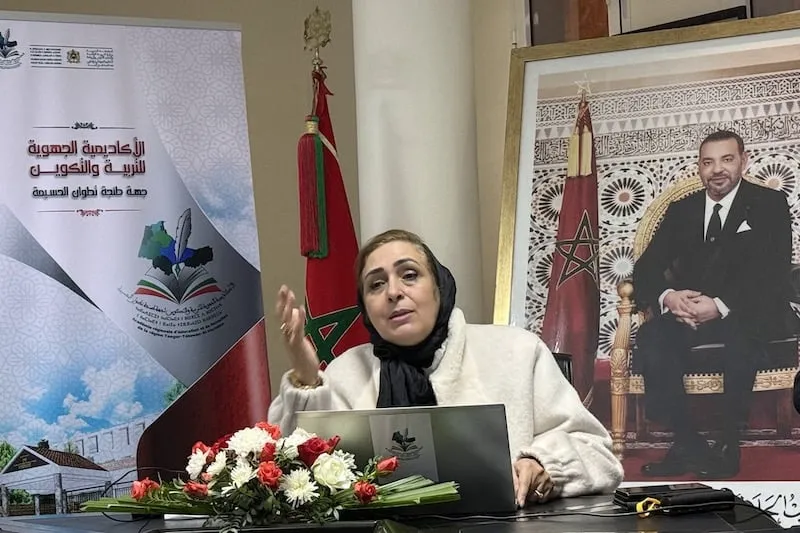On Tuesday, Prime Minister Aziz Akhannouch held a meeting in Rabat with Mohamed Benali-Lou, the President of the National Authority for Integrity, Prevention, and the Fight against Corruption. The discussion focused on governmental measures to reinvigorate efforts in the fight against corruption and to fully implement the constitutional roles of the authority, thereby strengthening the kingdom’s immunity against corruption.
According to a statement from the Prime Minister’s office, the meeting also explored ways to infuse new dynamism into governance institutions and enhance their constructive interactions with various stakeholders, within the framework of institutional integration envisioned by His Majesty King Mohammed VI, may God assist him. This approach aims to achieve tangible results in building a Morocco characterized by integrity and development.
The source highlighted that the meeting provided an opportunity to discuss the main challenges posed by corruption and ways to improve the effectiveness of public policies related to integrity and corruption prevention.
During this occasion, the Prime Minister emphasized the necessity of initiating a national anti-corruption committee, which will serve as a platform to review the implementation of the national anti-corruption strategy and present the evaluation conducted by the National Authority for Integrity regarding the strategy’s execution, while identifying ways to advance future strategic visions in this field.
The meeting also offered a chance to discuss mechanisms for involving various government sectors in several key projects that the authority intends to launch in the area of integrity, such as establishing the Moroccan Academy for Integrity, the National Laboratory for Integrity, and incubators for developing innovative digital solutions for preventing and combating corruption. This would enhance the capabilities of public, private, and community actors.
Additionally, the meeting reiterated the vital importance of engaging civil society by supporting citizen initiatives and strengthening partnerships with related associations and organizations, recognizing their direct impact on entrenching a culture of integrity in society. It also underscored the significance of mutual engagement and ensuring coherence and integration among various stakeholders to unify efforts against corruption, while monitoring the effects of reforms and major projects within the kingdom.
Source








